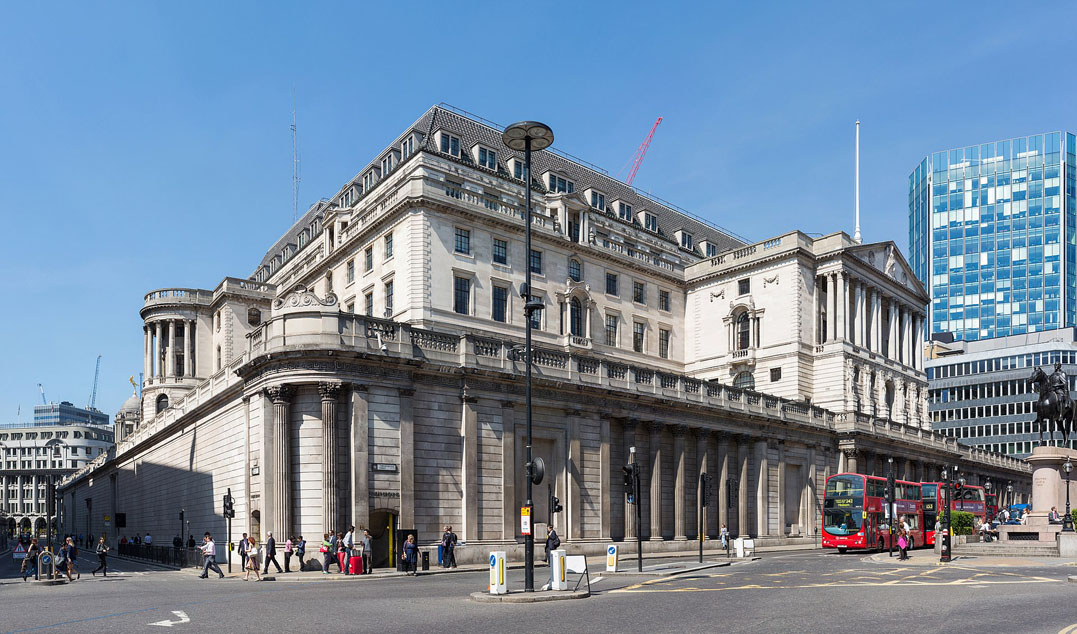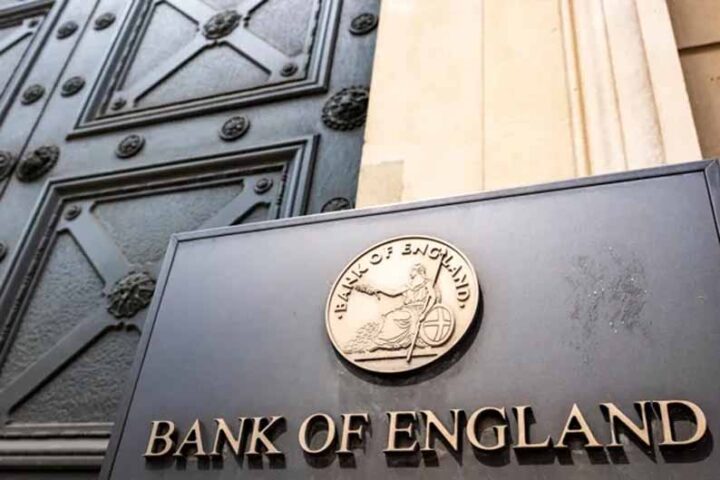By Hussein Sayed, Chief Market Strategist at Exinity
Central banks are taking steps toward normalising monetary policies. Economic growth already seems to have peaked; inflation is trending higher, short term interest rates are surging across developed economies, and some of the largest tech companies delivered negative earnings surprises last week.
These are all good ingredients for a long overdue stock market correction, but investors do not seem to be giving up on risk assets just yet.
A year ago, markets doubted that developed central banks would ever reach their inflation targets. Today, they doubt their dovish rhetoric and see interest rates much higher than the banks’ own forecasts as inflation looks out of control.
Emerging market policymakers have already taken serious steps to combat rising prices.
Brazil, for example, has raised interest rates from 2% to 7.75% in eight months. Russia has followed a similar path, raising rates six times since April last year and sending its benchmark policy rate to 7.5% from 4% earlier in 2020.
Other emerging markets are also likely to take aggressive steps in tightening policy, which shows the magnitude of the threat created by inflation.
It isn’t much different in developed market economies.
The Bank of England (BoE) is very likely to raise interest rates when the Monetary Policy Committee meets on Thursday. The Reserve Bank of Australia (RBA) appears to have abandoned its yield curve control policy, the Bank of Canada surprisingly suspended its QE last week, and the European Central Bank isn’t able to convince markets about their forward guidance.
What started as transitory inflation due to the pandemic is now broadening according to the latest data, and if central banks remain accommodative for another year, they risk losing their grip on rising prices. That would require extremely aggressive action from monetary policymakers and hence drag the global economy into a recession.
BoE, RBA this week
This week we’ll likely see the BoE raise rates and the RBA adjust policy, but the Federal Reserve will as always, be the main risk event and under every trader’s and investor’s spotlight.
The FOMC is expected to begin the process of tapering bond purchases, which is fully priced into markets. The big question is their take on inflation and how strong the argument towards transitory factors remains.
Fed Chair Powell’s press conference on Wednesday will help shape interest rate expectations even if the statement doesn’t reveal much. Fed fund futures are already anticipating at least two rate hikes by the end of 2022, so it will be interesting to see how or if Powell comments on this.
Despite tightening monetary policies being considered a negative factor for equities, markets and especially those in the US have continued to make new highs. If you ask any investor why you are buying stocks, the simple answer is “there is no alternative”.
Of course, there are few alternatives when investing in government bonds that generates negative real returns and corporate bonds look unattractive.
Another factor supporting equity prices is the current strong earnings season, with 82% of S&P 500 companies reporting a positive EPS surprise.
However, this trend in profit growth is likely to slow significantly in the final quarter of the year and heading into 2022.
Given the changing dynamics, investors may need to consider taking some risk off the table or consider hedging their portfolios so they won’t get caught off-guard.
For information, disclaimer and risk warning note, visit: https://exinity.com/en-ae
Exinity ME Ltd, a company registered under the Laws of the Abu Dhabi Global Market (ADGM), is authorised and regulated by the Financial Services Regulatory Authority (FSRA)









